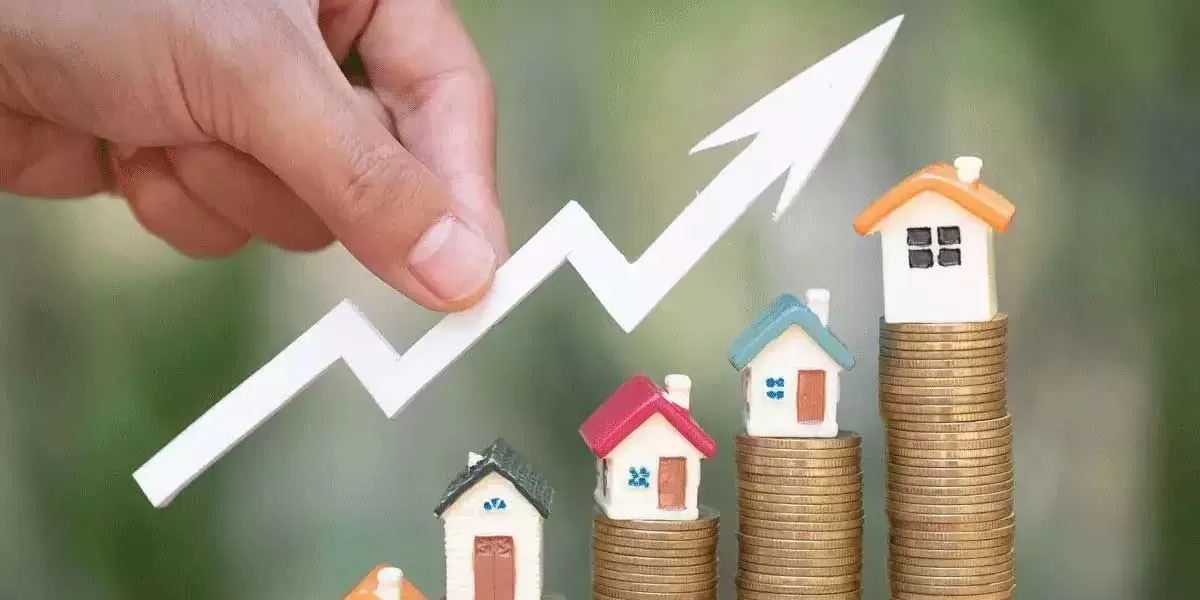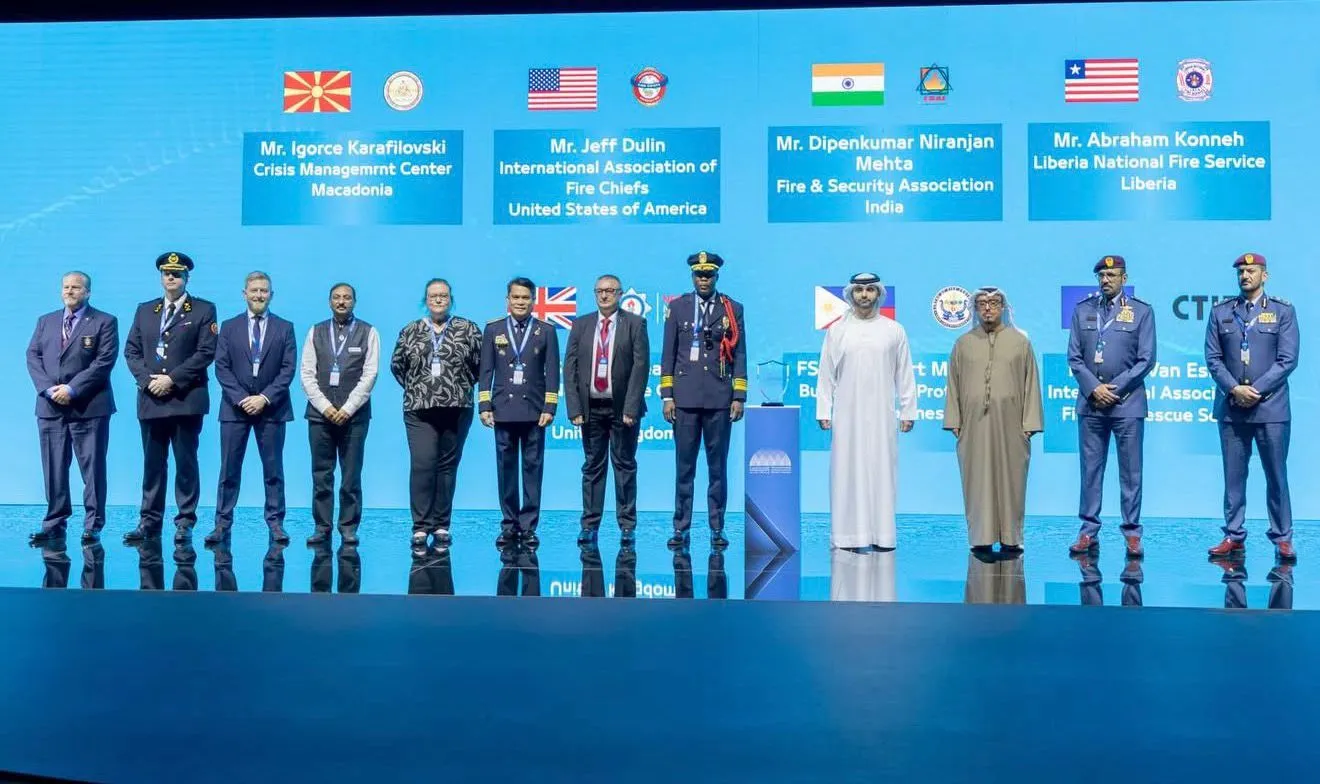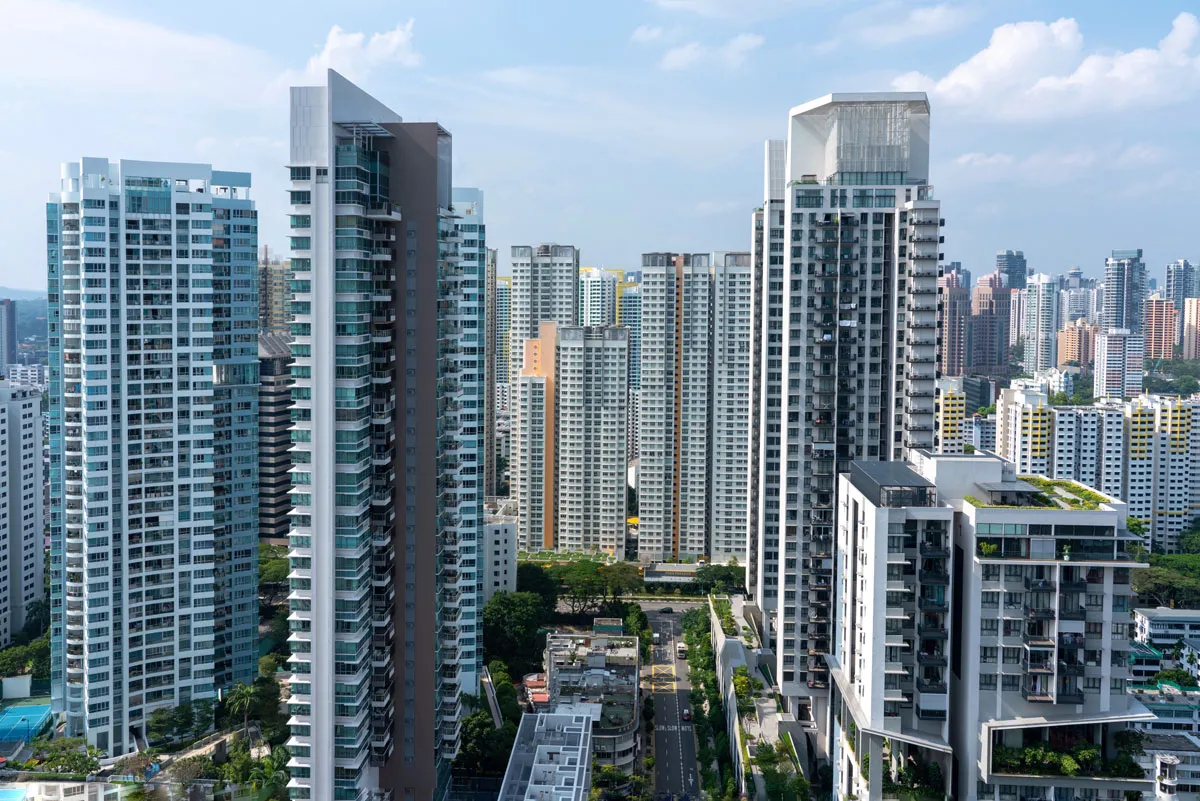Real Estate
Pain Points
Limited access to finance and liquidity
Volatility in raw material prices
Low tax deduction limits on housing loan interest
Complex approval processes
Inadequate PMAY house value cap
Insufficient support for affordable housing development
Lack of incentives for green-certified buildings
High financial burden on homebuyers due to interest rates
Limited affordability for economically weaker sections and middle-income groups
Lack of infrastructure and green building initiatives
Wishlist
Rationalize GST on under-construction properties
Grant infrastructure status to real estate
Introduce single-window clearance for projects
Implement liquidity-injecting monetary policies
Raise PMAY house value cap to Rs 50 lakh
Extend capital gains exemption timeline to 5 years
Promote green-certified buildings and eco-friendly construction
Reintroduce Credit-Linked Subsidy Scheme under PMAY
Restore 100 per cent tax holiday for developers under Section 80-IBA
Industry Voices
Implementing single-window clearance will enhance efficiency and attract investments. Additionally, a reduction in repo rate and stamp duty could further drive housing demand. - Venkatesh Gopalakrishnan, Director Group Promoter’s Office, MD - Shapoorji Pallonji Real Estate
Reviving the 80-IB tax benefit for developers undertaking affordable housing projects will incentivize developers to launch more affordable housing projects, aligning with the government's vision of 'Housing for All.' - Navin Makhija – Managing Director, The Wadhwa Group
Relaxing FDI norms could open new avenues for investment. - Siddharth Vasudevan Moorthy, Managing Director, Vascon Engineers Ltd
Rationalisation of GST on under-construction properties and enhanced tax benefits for homebuyers can significantly boost demand. - Vidip Jatia, Executive Director, Supreme Holdings & Hospitality India Ltd
Prioritise sustainable housing with increased allocations for PMAY and infrastructure, especially in Tier II and III cities. - Pranay Kumar, Executive Director, Rudrabhishek Enterprises Limited (REPL)
The real estate sector expects targeted interventions to revive growth, including infrastructure development and sustainable practices like green buildings. Reintroducing the Credit-Linked Subsidy Scheme under PMAY and restoring the 100 per cent tax holiday for developers under Section 80-IBA will address challenges in affordable housing. - Deep Vadodaria, CEO, Nila Spaces Limited Infrastructure, Construction Materials, Logistics, and More
Pain Points:
High logistics costs (14 per cent of GDP vs global 8–10 per cent)
Inefficiencies in freight movement and regulatory bottlenecks
Limited access to finance, liquidity, and export incentives
Volatility in raw material prices impacting manufacturing
Inadequate SME-friendly policies and investment in green technologies
Gaps in digital and transport infrastructure
Slow adoption of AI, IoT, and other advanced technologies
Fragmented state approvals and delays in projects
Limited affordability for housing among weaker sections
High financial burden on homebuyers due to interest rates
Lack of incentives for sustainable practices and green-certified buildings
Insufficient port infrastructure and connectivity for EXIM trade
Industry Wishlist:
Streamlined regulatory approvals and single-window clearances
Fiscal incentives for startups and adoption of green technologies
Tax rebates for AI-powered, digital, and sustainable solutions
Increased funding for digital infrastructure, 5G, and logistics
Capex support for renewable energy, solar, and EV manufacturing
Infrastructure status for real estate and affordable housing
Revival of tax holidays for affordable housing developers
Enhanced PMAY allocations and urban infrastructure focus
Incentives for EV trucks and multimodal logistics connectivity
Strengthening domestic manufacturing under 'Make in India'
Investment in rail corridors, ports, and export hubs
Rationalisation of GST and easing of import duties
Industry Voices
Partnerships that drive sustainable infrastructure projects must be explored, along with incentives for the use of eco-friendly construction materials such as steel slag and recycled plastic waste for road development. -Y. R. Nagaraja, Managing Director of Ramky Infrastructure Ltd
We anticipate a clear roadmap for India’s transportation future, positioning the nation as a global leader in seamless mobility. - Umesh Chowdhary, VC & MD, Titagarh Rail Systems Ltd.
Prioritise the National Infrastructure Pipeline with a focus on PM Gati-Shakti and Jal Jeevan Mission..- Ashish Modani, Senior Vice President & Group Head - Corporate Ratings, ICRA Limited
Measures to reduce raw material costs and ease import duties are essential for enhancing the competitiveness of domestic manufacturers. - Mahesh Viswanathan, Deputy CEO and CFO, Finolex Cables
We hope for stronger support for eco-friendly practices, incentives for sustainability, and policies that encourage investment in green technologies. - Jay Deepak Shah, CEO & MD, Jay Wood Industry
Industry Voices
Continued investment to enhance transport connectivity, rail corridors, incentives for adoption of EV trucks and fiscal benefits for developing EV infrastructure will foster sustainable multimodal connectivity. - Suresh Kumar R, Managing Director, Allcargo Terminals
We urge the government to introduce fiscal incentives for logistics startups innovating in route optimisation, multimodal connectivity, and empty container reduction and tax rebates for businesses adopting AI-powered supply chain solutions and green technologies, will accelerate sustainability in Logistics. - Dhruv Taneja, Founder and CEO, MatchLog Solutions
Increased funding for the National Supercomputing Mission (NSM), with over Rs 5,000 crore allocated for the next five years, is crucial for high-performance computing and GPU development. The Design-Linked Incentive (DLI) should be expanded to support startups creating indigenous designs. - Pankaj Panjwani, CEO and Founder, KeenSemi
Last year the residential solar sector witnessed unprecedented growth driven by the government’ PM Surya Ghar Muft Bijli Yojana. The focus should be on boosting domestic manufacturing capacity, boost domestic manufacturing capacity, digitize solar loan processes, and streamline approvals to expedite installations and grid connections. - Saurabh Marda, Co-founder and Managing Director, Freyr Energy





















